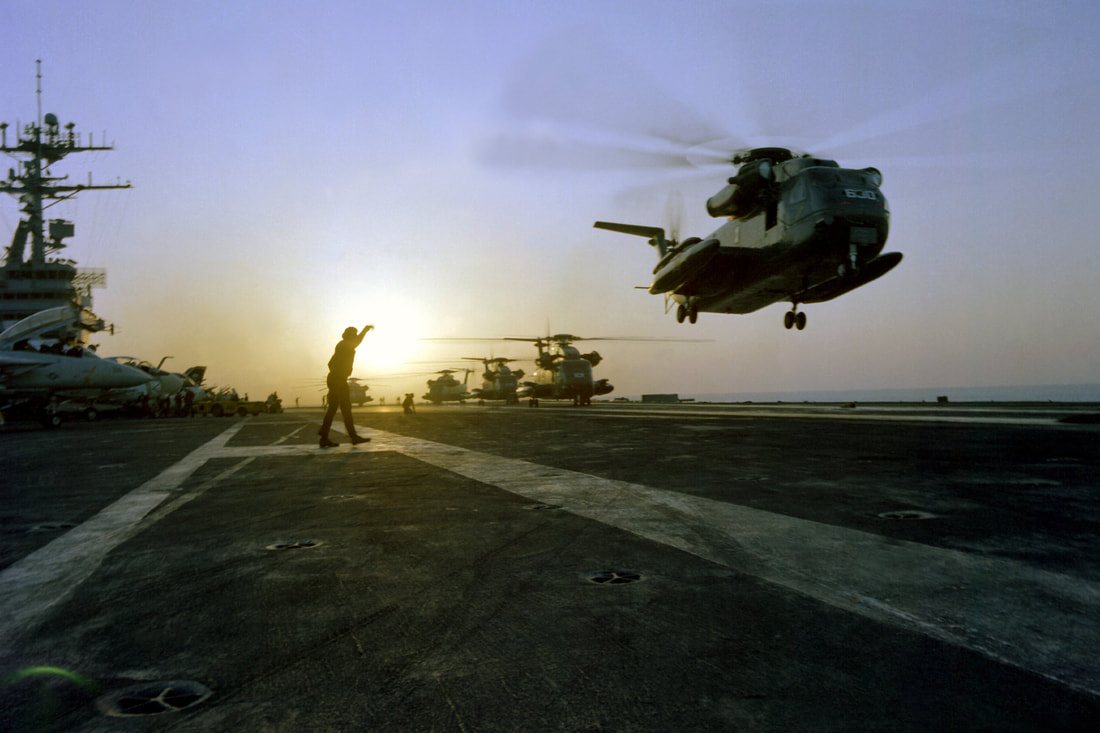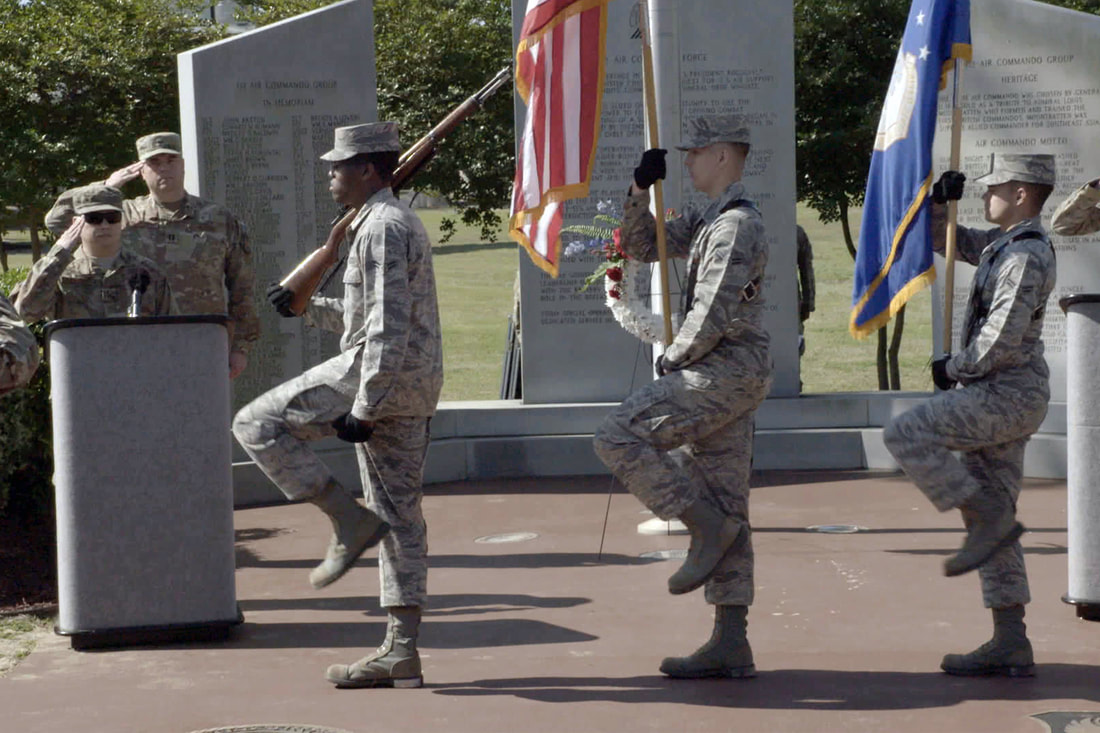|
Review by Sean Boelman
The Iran hostage crisis has been documented on film before, including in Ben Affleck’s Best Picture-winning thriller Argo, but never quite like it was in Barbara Kopple’s documentary Desert One. Focusing on the emotional impact of the United States’ foreign and domestic policy, it’s a profound watch, even if it is a tad too long.
The movie explores the rescue of the hostages held in the 1979 Iran hostage crisis in a covert rescue operation. What makes Kopple’s documentary stand out from other (arguably more thrilling) films telling this story is that it doesn’t get caught up in how these events happen, but rather the ways in which they affected the people they impacted. Perhaps the biggest issue with the movie is that Kopple can’t seem to settle on a perspective from which she wants the story to be told, so she uses all of them. In the film, the audience will hear from the survivors, their families, former President Jimmy Carter, and those who were involved in the rescue directly. It’s a much bigger story than a simple hostage situation. The portion of the movie that has the most impact is that which features the relatives of those who lost their lives in an attempt to carry out the rescue mission. Often, stories of heroism like this talk about the noble sacrifice made by those who gave their life, but rarely address the feelings of the people they left behind with this much depth.
On the other hand, Kopple’s attempt to incorporate the Iranian perspective on the events almost entirely falls flat. It’s nice to see a documentarian try to take a holistic approach to such an important historical event, overcoming a lot of the jingoism common to the military documentary genre, but these interviews feel so distant that they don’t work very well.
Additionally, the film pulls some of its political punches. Though the movie does comment on some of the limitations of U.S. policy, it doesn’t want to admit the fact that this crisis was almost entirely due to the government’s inability to handle a situation like this when it arose, something which we have found ourselves in again, albeit in a different sector. That said, Kopple does an excellent job of pulling together the available materials to produce a mostly cinematic documentary. Combining archive footage with extensive interviews and some animated recreations of the rescue attempt, Kopple is able to make the viewer feel as if they were a member of the American public in 1979 worried about their countrymen’s safety. Desert One offers a distinctive approach to an often ineffective genre, and although it has its own shortcomings, it’s mostly very compelling. It fills a lot of holes in the existing narrative of the Iran hostage crisis, despite creating a few more. Desert One is now playing in theaters and via virtual cinema offerings. A list of participating locations can be found here. Rating: 3.5/5
0 Comments
Leave a Reply. |
Archives
July 2024
Authors
All
|
|
|
disappointment media
Dedicated to unique and diverse perspectives on cinema! |


